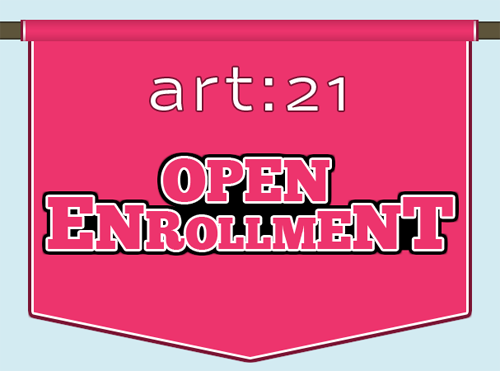It feels like decades have passed since the new semester started. I keep saying to myself “it’s only been six weeks” like six weeks is a short amount of time in a life that is jam-packed to the seams. Soon will come midterms, spring break, finals; then BAM semester over – year one done.
Despite the inevitable grumblings of the few students whose graduate studies are shaping up to look like this,
I am optimistic. It is so cliché to talk about how much of a bigger and better person I am from a year ago, but I honestly have to admit to it and succumb to that truism. Maybe I’m just finally accepting the passage of time and the onset of adulthood, or maybe it is the program I’ve enrolled in. I’m choosing to believe it is a combination of the two, but more the latter than the former.
This degree is just a small part of the vehicle that is moving me towards my career goals. It is who I meet, what I do, how I do it, and how I utilize the tools my program provides to my advantage. If anything, I am thankful for the strong foundation in non-profit management that Claremont Graduate University is providing me. So much of what we do is rooted in the arts, but I could see it easily transitioning into working for any nonprofit in whatever sector. If my dream art job at the Tate Modern does not materialize right away, I feel like I have a fall-back plan.
Exciting things have happened this semester: I met James Turrell when I inadvertently sat next to him in Skyspace, I’ve learned to like finance and accounting enough to let it inform my real-world life, and I’ve felt encouraged and uplifted by all the guest speakers who have come to speak about things like not-for-profit law, board development, programming, consulting and strategic planning. I’ve realized that there are a lot of people out there who care about the arts. Like, a lot, a lot, a lot. It is both positive and inspiring, especially since I consider myself a key part of this upward movement.

James Turrell's Skyscape at Pomona College (personal photograph).
Admittedly, as I move deeper in to Management with a capital M, I move further away from my own art practice. Time is a big factor in this, but so is the shift of my gaze. I still consider myself an artist in the sense that I am part of the arts field, I’m just contributing in different ways than how I had been prior to beginning my Masters. If one thing has become apparent to me over the last few months, it is the definition of an artist, where I find myself, and where others place me on that spectrum. To my surprise, criticism of management in the arts as a career is more rampant in my life than I ever thought it would be. Simply put, many of the practicing artists I have encountered view arts management students as sell outs succumbing to the pressures of capitalism, or as people who like the arts but know nothing about the art world. Recently, I had an MFA candidate pointedly ask me “what exactly it was that I knew about artists?” This comment was narrowly thought out, and frustrating for me to hear, but is something I feel is a commonplace sentiment between members of the two departments here at school.
It makes me question the history of these two programs, and what (in the field) exists to cause this type of distrust and animostity. When I hear that there has rarely ever been a dual MFA/Arts Management student, I wonder why. It seems natural for the two to go together; instead, some people in my program don’t even know about the great things that are happening over in the studios, and vice versa. Most recently (like, today), I sat in on a grant writing workshop that focused on obtaining federal and private foundation grants for your 501 (c)(3), and there were a few practicing artists from the School of Fine Arts that were interested in obtaining 501 (c)(3) status for their collective in order to start a program aimed at eliciting change in inner-city communities through arts. The idea was there, but the knowledge of the process, fundamentals of management, and awareness of the intricate nuances of a tax-exempt status was not. They had the idea, just lacked the knowledge to properly drive the force forward–and an idea is only as good as its ability to be executed.
For me, this is a clean and clear example as to why artists and arts managers must to walk forward hand in hand. We need each other in order to move the art world in the direction we want it to move – which in any case is always up. It is a strange new world that I find myself in, and I’m interested in digging down deeper into this issue. For now though, I’m comfortable with my decision to pursue an MA in Arts Management instead of the MFA I almost went after – and I will keep trying to build bridges between these two worlds. In the end, I guess that is the only thing I can ask of myself – happy, content, pushing forward.
Much love.





